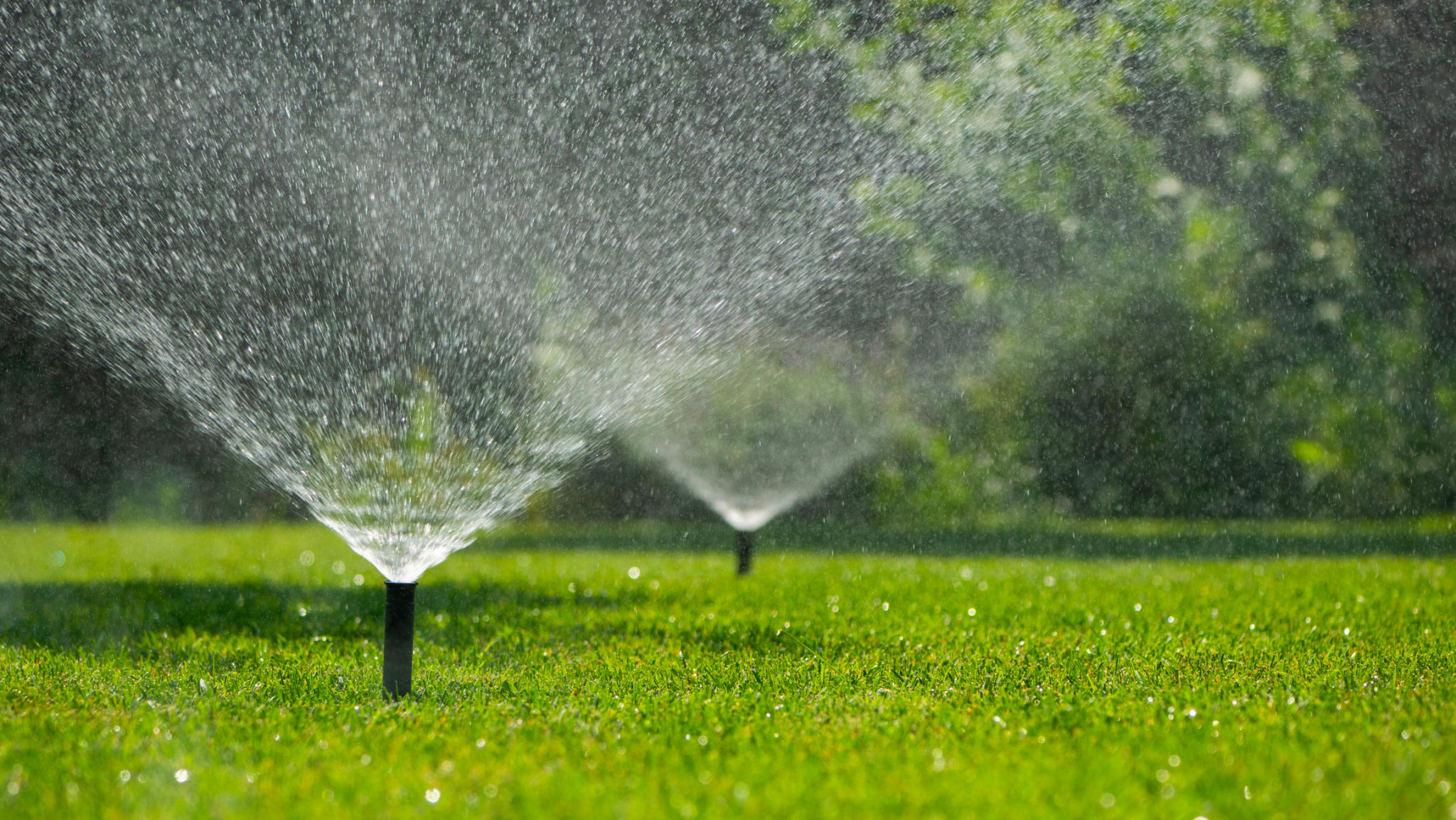Preparing for the Planting Season: Essential Tips for Johannesburg Farmers
Understanding Johannesburg's Climate
Preparing for the planting season in Johannesburg requires a solid understanding of the region's unique climate. Known for its subtropical highland climate, Johannesburg experiences summer rains, making it crucial for farmers to time their planting to coincide with these patterns. The key to success lies in aligning planting schedules with the seasonal rainfall to ensure optimal growth and yield.

Soil Preparation Techniques
Before the first seeds are sown, proper soil preparation is essential. Start by conducting a soil test to determine nutrient levels and pH balance. This information is vital for selecting the right fertilizers and amendments. Farmers should focus on enriching the soil with organic matter, such as compost or well-rotted manure, which helps improve soil structure and fertility.
Consider using cover crops, like legumes, during the off-season to enhance nitrogen levels and prevent erosion. Additionally, tilling or plowing the land will help aerate the soil, allowing roots to penetrate more easily and access nutrients.

Selecting the Right Crops
Choosing the right crops for Johannesburg's climate is crucial to achieving a successful harvest. Opt for crops that thrive in warm temperatures and can withstand occasional droughts. Popular choices include maize, sunflowers, and sorghum. Additionally, consider planting vegetables like tomatoes, peppers, and onions, which are well-suited to the region's conditions.
Water Management Strategies
Effective water management is vital during the planting season. Implementing an efficient irrigation system can make a significant difference in crop performance. Drip irrigation is particularly beneficial as it delivers water directly to the plant roots, reducing wastage and ensuring consistent moisture levels.
Farmers should also consider rainwater harvesting systems to capture and store rainwater for use during drier periods. This sustainable practice not only conserves water but also reduces dependency on municipal water supplies.

Pest and Disease Control
Protecting crops from pests and diseases is a continuous challenge for farmers. Integrated Pest Management (IPM) strategies are recommended to minimize the impact of these threats while reducing reliance on chemical pesticides. Techniques such as crop rotation, biological control agents, and resistant crop varieties can effectively manage pest populations.
Monitoring and Maintenance
Regular monitoring of crops is essential to identify potential issues early. Inspect plants frequently for signs of stress, pest infestations, or disease symptoms. Prompt intervention can prevent minor problems from escalating into significant setbacks.
Moreover, maintaining equipment and infrastructure is equally important. Ensure that all machinery is in good working order before the planting season begins, and regularly check irrigation lines and systems for leaks or blockages.

Sustainable Practices for Long-Term Success
Adopting sustainable farming practices is crucial for long-term agricultural success in Johannesburg. Emphasize crop diversification to enhance resilience against climate fluctuations and market changes. Additionally, employing conservation tillage methods can help preserve soil health and reduce erosion.
By implementing these essential tips and strategies, Johannesburg farmers can confidently approach the planting season, maximizing their chances of a bountiful harvest while promoting environmental stewardship.